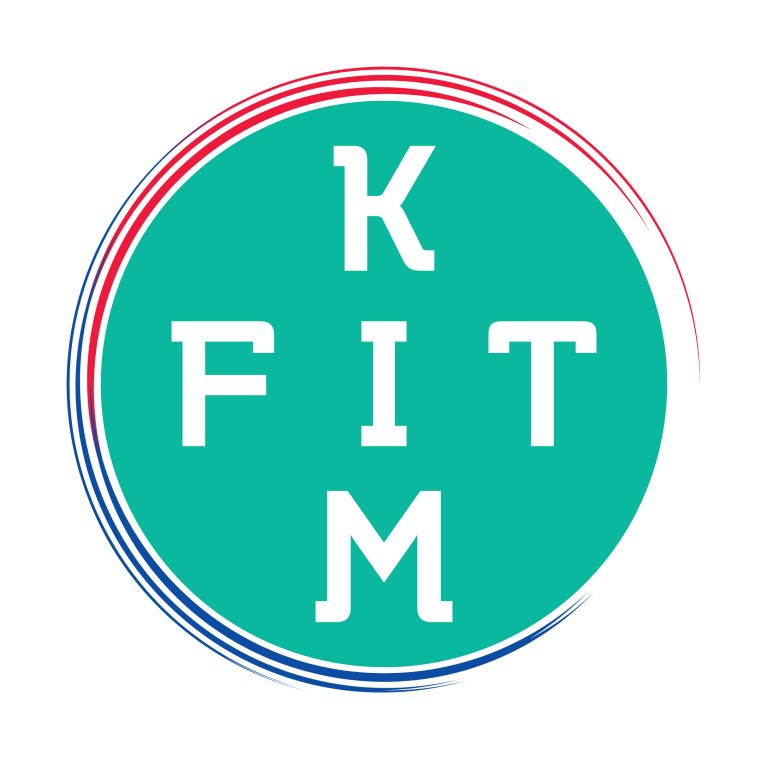First things first. We eat to fuel our bodies for life. Depriving yourself of certain foods or restricting food intake is NOT I repeat NOT sustainable and will not lead to long term wellness. Likewise, skinny teas, fat loss pills/supplements will not result in good health. Your diet (what you eat) should be consistent day in day out more or less. Because that’s the best way to maintain and achieve healthy.
Of course, consistently eating pizza or MacDonalds every day will not lead to health either so we must find balance. It’s about finding the foods that best fuel you that you like to eat. But where to start? There is a wealth of bullshit out there on the internet; these diets/products/lifestyles are most probably pushed out there by people with no qualifications in diet or nutrition with the sole goal of making money. If, the information is from a refutable source and in the mainstream media it is more likely than not that the message has been taken out of context. My advice is keep it simple and keep it real. There’s no one-size-fits-all, so take some time, be patient and work out what is best for you and your life.
Here is some advice that I hope you find helpful and a starting point.
- The basics. The body needs protein (to repair and build), carbohydrates (to provide energy) and fats (to insulate, protect). We also need a variety of vitamins and of course water to function optimally (at a biological level).
- There are many, many varieties of each of these nutrients. The key is picking the ones that are the best quality source of nutrients.
- How much? It’s as simple as energy balance. To maintain a weight what goes in must equal what is expended in energy. To lose weight you must put less in than is expended and to gain weight you must put more in than goes out.
There is no good and bad food. Nothing is banned. There are things you should eat more frequently and things you should only eat on the odd occasion. There are also ways you can minimise and avoid lapses regarding foods that should only be eaten on occasion.
So, you need some information. For the remainder of this blog I’ll cover some of the most beneficial foods in each group and how to include them into your diet.
First up is protein! My favourite 😊
In short protein keeps you fuller for longer. It can help prevent hunger which can help prevent poor choice making when it comes to snacks.
Rule 1. Prioritise your protein.
Great sources of protein are fresh meat and fish, pulses, beans, nuts, dairy. This includes humus (yum), peanut (or other nut butter-yum), pistachios (yum), canned fish eg tuna (handy) and baked beans! Less useful sources of protein include cured and processed meats e.g salami, sausage, ham. Aim to include a source of protein in EVERY meal and snack including breakfast and before bed.
I think we’re fairly good at including protein in meals but here are some examples for snacking.
- Beans on (brown) toast
- Humus and chopped veg
- Handful of nuts (preferably not salted/roasted)
- Nut butter (recommend meridian foods) and rice cake/apple
- Prawns and a dip
- Drink of milk
- Poached/boiled egg
Next. Let’s chat carbohydrates. These poor fellas get an awful bad name don’t they? Who hasn’t tried to ban carbs at one point or another? Well enough of that, it’s miserable. Carbohydrates pack four calories per gram. The same as protein and less than fat. The fact is carbohydrates provide us with energy and we need energy to perform basically everything we do. With carbs I’d practise portion control and sensible choices rather than eliminating them completely. One portion of carbs should be the size of your fist, not more.
Rule 2. Chose great (starchy) carbohydrates.
For example: brown rice, quinoa, sweet potato, popcorn, oats, potato, leafy greens, berries, wholewheat pasta, bulgar, oatcakes.
It’s the white bread, crisps, sugar drinks, cereal bars and sweets (simple carbs) that give carbs a bad rep. These are your only on the odd occasion foods. They do not sustain you, on the contrary they mess with your blood sugar levels and offer very low nutritional value.
Lastly fats.
Rule 3. Not all fats are bad. Like I said, our bodies need fat to function. Wonder why really skinny/lean people are cold? Fat insulates and protects, everything from bones to your menstrual cycle. Some fats are bad, they’re called saturated fats. Cheese, margarine, lard, and chocolate (sorry!!) are all high in sat fat.
And oils are a minefield aren’t they!! Olive oil is a safe bet. Stick with that.
With fat, little is better. Even the good ones are high in calories. So enjoy your nuts, avocados, olive oil, and butter but all in small quantities please.
So now I have chucked a load of information at you you’re probably still wondering what to do nutrition wise. My next blog will cover how to make and implement a meal plan and some example recipes. To finish this blog and give you some food for thought here are some suggested food/drink swaps to get you started.
Hopefully, you can see from my swaps that there’s nothing unusual or too #healthy on there. And you could also have a go at a pizza from scratch or low-cheese enchiladas. The emphasis is on consuming regular protein, starchy carbs to maintain blood sugar and your appetite whilst minimising processed food/simple carbs.
Keep an eye out for my next blog. How to make and implement a meal plan (you’ll need some tuppaware!) plus recipes and guidance on what to buy at the supermarket.



